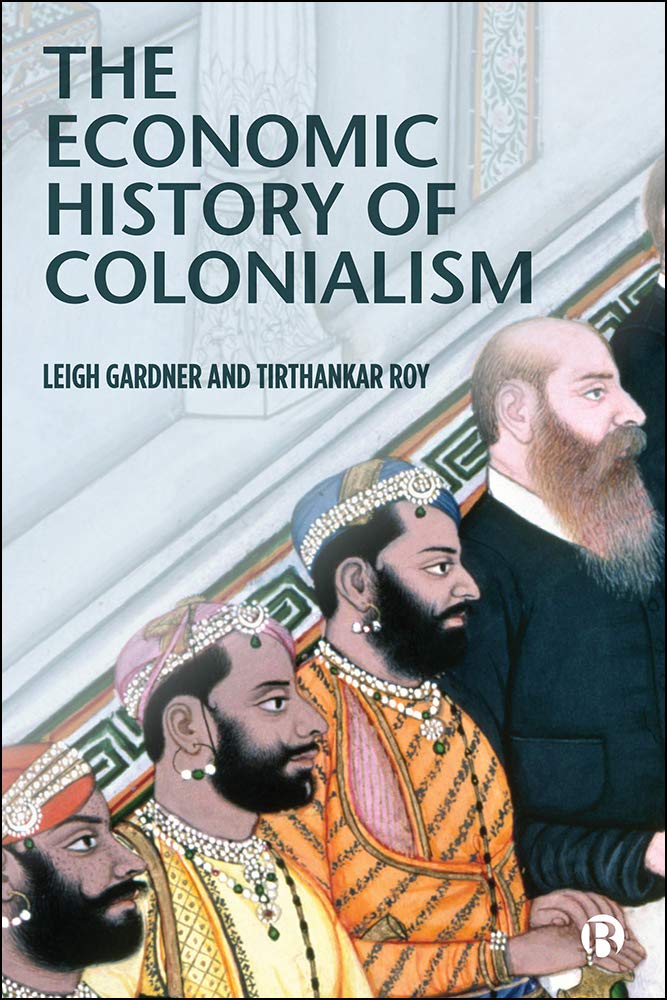
With Leigh Gardner (LSE), Bristol University Press, 2020.
Recent scholarship in economic history has significantly revised understandings of European colonial rule in Asia and Africa. Earlier views emphasized metropolitan aims - economic exploitation or military strategy - as decisive factors in the economic outcomes of colonial rule. Now, scholars highlight the importance of local conditions such as geography, institutions, and economic structures in shaping colonial outcomes. Colonial regimes shared limited fiscal capacity, which amplified the role of local factors. For instance, disparities in literacy between Sri Lanka and India in 1951 reflect differences in taxable capacity, not ideology. Similarly, while colonialism often benefited expatriates, it sometimes enabled indigenous enterprise, as seen in Indian cotton mills and West African cocoa farming. A second shared feature was the production of inequality, often favouring select groups. The Economic History of Colonialism synthesizes this rethinking across ten thematic chapters.